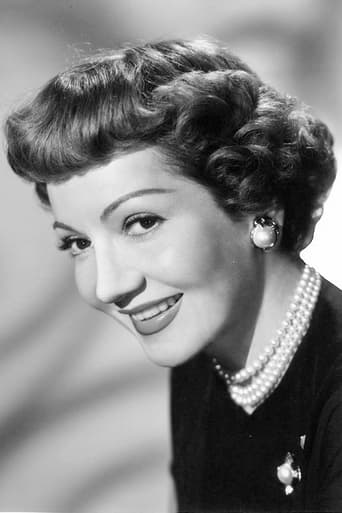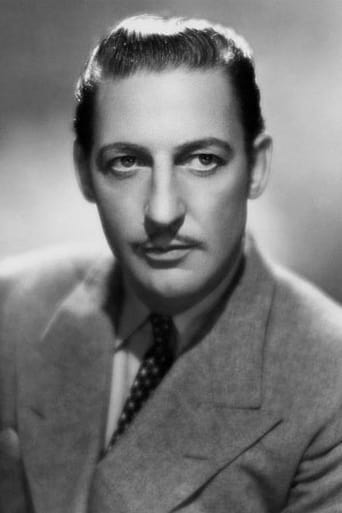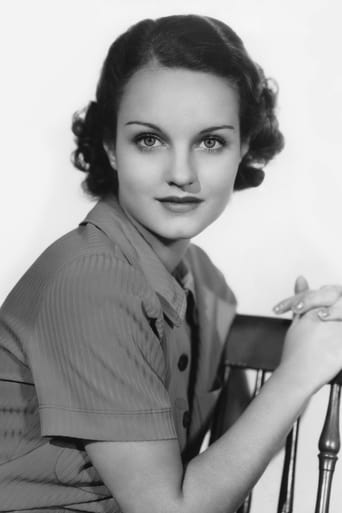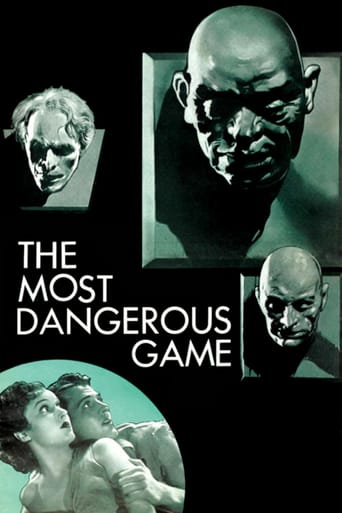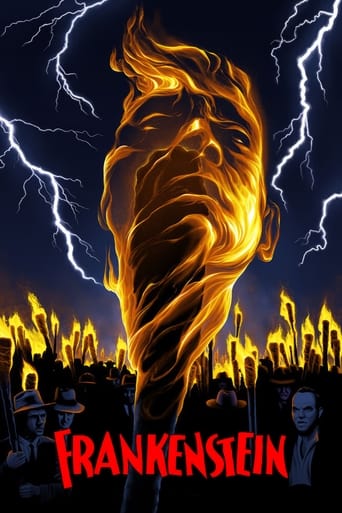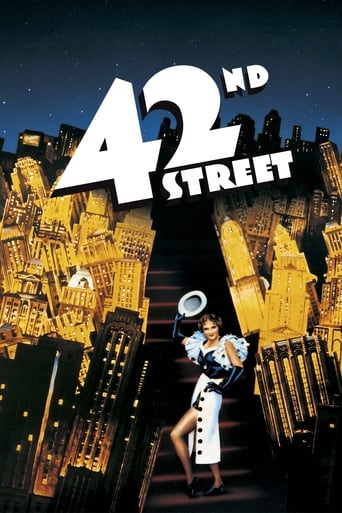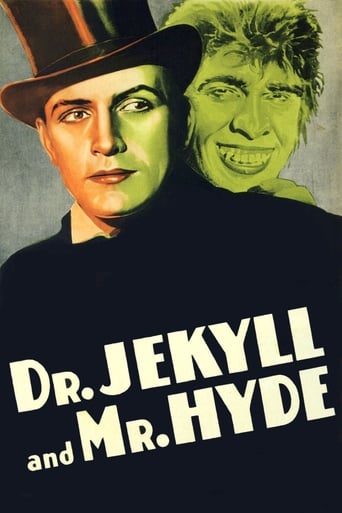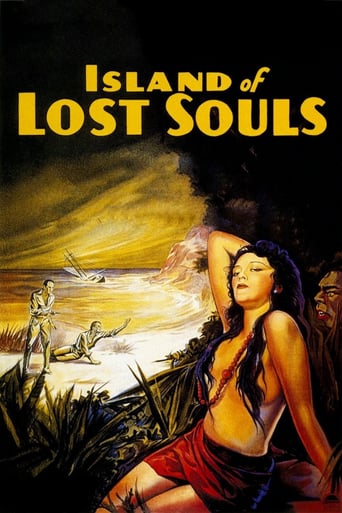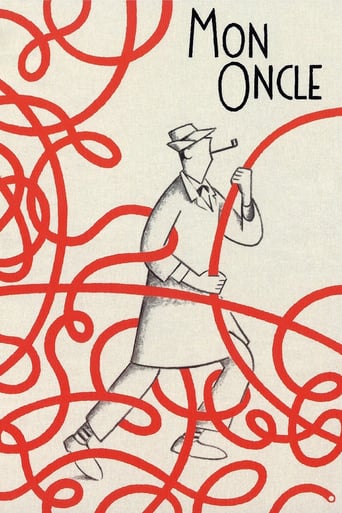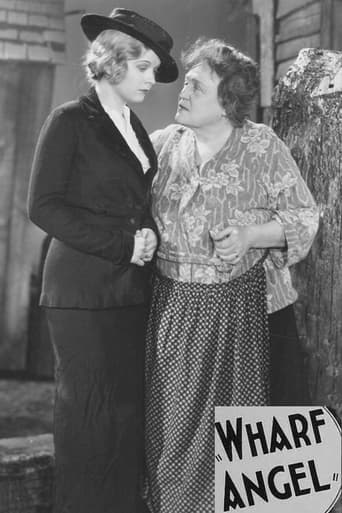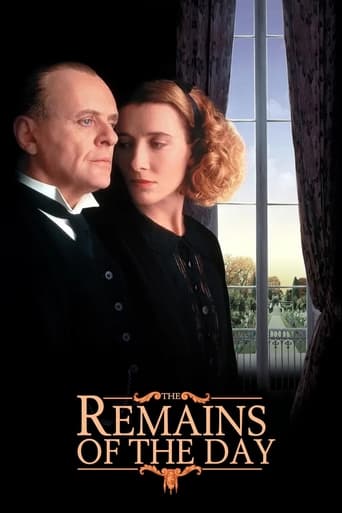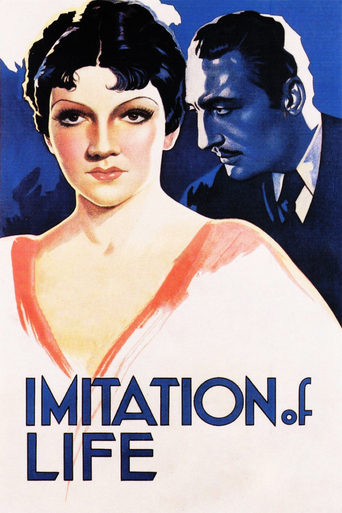
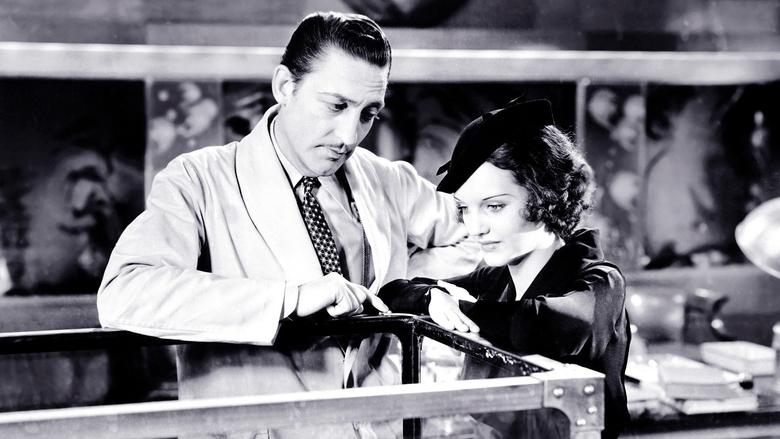
Imitation of Life (1934)
A struggling widow and her daughter take in a black housekeeper and her fair-skinned daughter. The two women start a successful business but face familial, identity, and racial issues along the way.
Watch Trailer
Cast
Similar titles
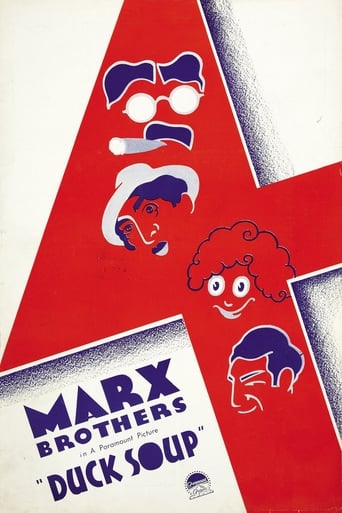
Reviews
Slow pace in the most part of the movie.
It's funny watching the elements come together in this complicated scam. On one hand, the set-up isn't quite as complex as it seems, but there's an easy sense of fun in every exchange.
This is a coming of age storyline that you've seen in one form or another for decades. It takes a truly unique voice to make yet another one worth watching.
There is, somehow, an interesting story here, as well as some good acting. There are also some good scenes
Bea Pullman and her daughter Jessie have had a hard time making ends meet since Bea's husband died. Help comes in the form of Delilah Johnson, who agrees to work as Bea's housekeeper in exchange for a room for herself and her daughter Peola. Bea comes up with a plan to market Delilah's pancake recipe. The two soon become wealthy and as the years go on, their friendship deepens.This film came in a two-disc set with the remake, also called "Imitation of Life" and directed by Douglas Sirk. Now, I tend to think Sirk is one of the all-time greats, and really was not appreciated until much later. It would be hard for me to say this is the better film.However, this is probably the braver film. The way it handles race is amazing, and seems far ahead of its time. Not only is there a very positive relationship between the two female leads (with race only being a minor factor), but e even get into what it means to be black, but a lighter shade of black. Did it happen that lighter-skinned children disowned their darker parents? As hard as that is to accept, I think it must have been true in rare cases, maybe even still today.
As much as we'd like to think that films exist in a vacuum, that is not the case. Still, despite progress, sometimes it is beneficial to (at least attempt to) evaluate art on its own merit and in its historical context. IMITATION OF LIFE is a film to which this can be applied. In terms of its approach to race and gender issues it was probably quite daring for its time. You have two single mothers, one black and one white, who start a business and climb up the social ladder. And their daughters, even though having a somewhat contentious relationship, were treated as equals. But, treating something academically isn't the only possible critical approach. By today's standards, I think the film still falls a bit short in terms of race and gender issues. Louise Beaver gives an awkward performance as a cheerfully subservient "mammy," even though that's the type of roles that were available to women of color back then. There is also an antiquated view on romantic relationships as marriage or "falling in love" is still seen as the pinnacle of a woman's life. All of this, and I haven't even really broached the style of film this is. I don't really mind melodrama as long as its executed well and has a compelling story. For what it's worth, IMITATION OF LIFE tends toward the positive side of this although it bites off a little more narrative complexity than it can fully chew, in my opinion. The primary plot threads involve Delilah's (Louise Beaver) daughter, Peola, who is mixed race and hates her "blackness," and an ichthyologist who Bea (Claudette Colbert) and her daughter both fall in love with. At least to me, there wasn't enough done to really integrate the various story elements in service of cohesiveness. It's like the story had a checklist of things it wanted to cover instead of letting things flow naturally from scene to scene. The outcome of the story was also kind of predictable. Still, the acting, which seems kind of stagey now, was decent, with Claudette Colbert doing the best out of the cast. She was a goddess who shone in every scene, and looked absolutely gorgeous in soft focus. Also, the toddler actress who played young Jessie, her daughter, was cute as a button. Overall, IMITATION OF LIFE is a product of its time. It might seemed dated today, but it's well produced, acted and directed for what it is.
Imitation of Life (1934)A beautiful and beautifully felt movie. Claudette Colbert, in the same year as her legendary role in "It Happened One Night," shows the really sincere charm and natural presence on screen even better here. She's a wonder, as an actress, and her role as a young struggling single mom, idealized for sure, and her success as a mature woman, is terrific stuff. A great movie, with a great performance.The director, John Stahl, who gets maligned in the bio on this site (go to Wikipedia for a more balanced and fair view), was indeed a man of mixed talents, but he pulled off several really first rate movies. This version of "Imitation of Life" is remarkably clear and forceful and subtle. It's not quite a formula movie even if it has some standard Hollywood tricks (of the passing of time, of handling the filming and the back projection, all very convincingly). And it has a story at its core that is really rather forward thinking for a mainstream movie. There are those (I've heard them) who find the approach to race too cloying and timid, but I say, show me a better film that people actually watched about the subject from this year. Just to find a way to deal with the idea of "passing," which means a black person passing as white in order to avoid prejudice, is terrific and necessary for the times. (By the way, for an insider look on this, read the extraordinary 1929 short novel, "Passing," by Nella Larsen.) The story for "Imitation of Life" is written by a white (Jewish) woman (Fanny Hurst) and is clearly taking up the broad themes of the depression. Written in 1933, it nailed themes that probably echoed some of the bigotry against Jews of the time, as both blacks and Jews were largely assimilating into mainstream America.Inevitably the remake of this movie will come to mind, and luckily they are very different movies. I love Douglas Sirk for his stylizing excesses, and his willingness to identify clichés and make them the substance of his 1959 movie (including the cliché known as a tearjerker!). I watched them both together this week (back and forth between them), and you can check out that review, too, if you want. Stahl's version, closer to the book in time and feeling than Sirk's, is in many ways a better movie, once you remove pure style from the equation. There is less to love, but much more to really like here, in the sincerity of the characters, the sweeping defiance against a Great Depression (that is mostly invisible), and in sheer personality. Terrific stuff!
Let's get down to it! Here's Hollywood's best pre-WWII effort to portray not only white-black racism, but its subtleties. I doubt many women shared the caring relationship of Bea and Delilah. What offends some I strikes me as honest. For the one or two absurd moments (e.g., the faithful, mourning Negro servants in the you-know-what scene), many more are deft and moving. The lavish 1959 version cannot compare. (Love Lana Turner, but she and Juanita Moore are wooden and embarrassing in the remake; it's worth seeing for Mahalia Jackson and of course, Susan Kohner's scenes at the cocktail party and getting beaten in the back alley. Susan's scenes are so showy that they kill any hope of honesty, which was never in the script to begin with)!At the beginning of this version, do you remember Delilah's response when Bea asks why she hadn't taken the streetcar? Racism is accepted as a given; the characters cast their lot from there. Both women have seen tragedy, and The Depression looms. In this crucial aspect, Bea and Delilah are equals. But to get anywhere with such a touchy gambit, the lead performances had better be good. Louise Beavers is mesmerizing. I cannot say she gives the best performance I've seen on the silver screen, but it's hard for me to name a more focused one. It is easy to dismiss her lines as demeaning or simple-minded. With each viewing, I see a woman whose circumstance and inner strength enables her to look beyond the mortal sorrows of this life. Doesn't she ring a bell, especially if you grew up black in the South? She was so many of our mothers, aunts and grandmothers. Ms. Beavers nails it.In this plot, she's more: She is a a mystic whose spirituality not only complements but critiques Bea's get-ahead pragmatism. Pre-feminist themes ricochet in this picture: successfully, I think.I'm gonna get slammed for my only significant reservation: I don't feel Fredi Washington's performance. She's more than adequate, but in no league with Louise Beavers or Claudette Colbert. From all that I have read and heard about her, I conclude that Ms. Washington let her own good taste get the best of her. She seems to underplay on purpose, to evoke a smoldering quality of rage. If I am correct, I appreciate her instincts, but they cannot work over every scene she has in this potboiler plot.Nothing about this movie is weak. Even the few headslapping moments are so sincere that they come off as camp, at worst. Frankly, I'm not sure I could otherwise bear Louise Beavers' last scene. Notice that her face is almost immobile; a single glycerin tear rolls down her cheek; her final, wrenching line reading is actually disembodied, off-camera (a master stroke of direction). This, folks, is the killer scene for me -- not the histrionics at the hearse, which grabbed me mainly inasmuch as they showed an unqualified moment of dignity in black America, rare for 30's Hollywood. Note the sympathetic white mourners who have a line or two...Claudette Colbert is radiant, as previous posters have said. Her performance is less memorable than Ms. Beavers', yet she hits the bull's-eye. Bea is warm but just distant enough to put across a real woman of her time, a white one who can never hope to understand black folks or the many contradictions of her relationship to them. In her best moments, which are without dialogue, Colbert conveys this delicate point. (Anyway...Bea has her own slutty daughter to worry about, right?) It was said that Ms. Colbert had the best figure on the Paramount lot -- not lost on Universal, which dressed her to the nines in scene after scene. It's hard to believe Colbert was barely 30 at the time. She looks no older, but acts as if she were going on a hard 50. And what a year for her! She won the Oscar for "It Happened One Night," and also scored this second huge hit, which artistically speaking is hardly chopped liver. She made both movies on loan to other studios after Paramount suspended her! Talk about having the last laugh: if only Louise Beavers could have shared it in her own career!I first saw this film on the big screen about 20 years ago at a now-defunct repertory cinema in Chicago. The matinée comprised me and a handful of elderly black women. We applauded as the curtain rang down; the clapping had the satisfied quality that follows a parable.
